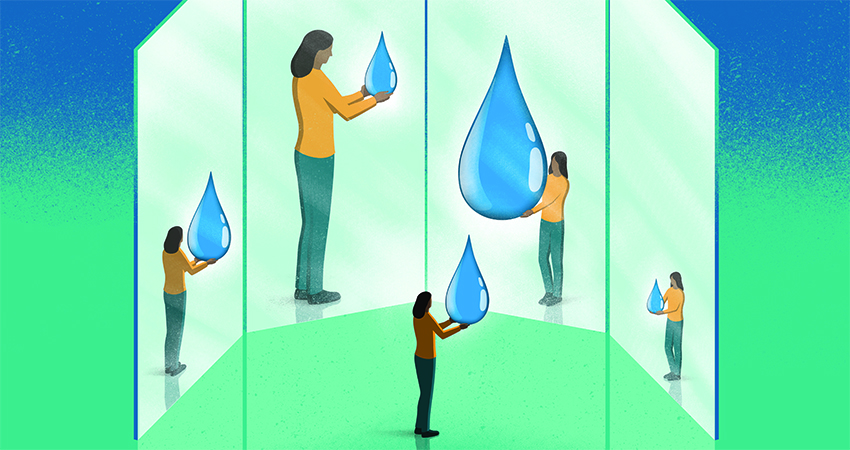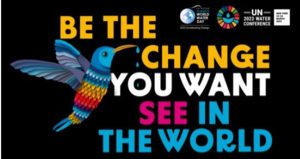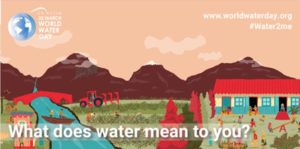UN-report provides tools to determine true value of water

-
 Esther Rasenberg
Esther Rasenberg
Share article:
Water is often only valued in economic terms, but its tremendous value is impossible to price. The inability to recognize the value of water is the main cause of water waste and misuse. The United Nations World Water Development Report (WWDR) 2021, published by UNESCO, now provides tools to determine the true value of water.
The UN-report is published on behalf of UN-Water on World Water Day (22 March). The writers state the value of water is incalculable and limitless. Life cannot exist without it and it has no replacement. The report emphasizes the great need to broaden the notion of the ‘value’ of water stressing that we cannot confuse the concepts of ‘price’, ‘cost’ and ‘value’. Although price and cost are potentially quantifiable, the concept of value is much wider and includes social and cultural dimensions.
Economic value
Water is not like other raw materials which can be treated as commodities and openly traded through stock markets. The challenge is to determine a value for a resource whose importance varies in different areas of economic activity, at different times, without forgetting to take into account its social, environmental and cultural dimensions. Tools and methodologies for valuing water are both imperfect and misapplied. The tools we have today tend to reduce the value of water to its economic aspect. The economic value of water cannot be denied considering its myriad uses in for example food, electricity and industrial production. While monetary valuation has the advantage of convenience and easy legibility in agriculture and industry, it presents the disadvantage of underestimating, even excluding, other aspects which are more difficult to monetize. How do we quantify the meaning of the 443 million schooldays missed annually due to water-related diseases?
All stakeholders have to be involved
However it is possible to develop an integrated approach that allows the different dimensions of water to be considered together, so as to identify appropriate policy choices. A key element of such an approach is to ensure that all stakeholders, regardless of background or gender, are involved in evaluations and decision-making. If we want to enrich our approach to water and stop reducing the resource to its mere monetary value, we must be enriched by the views held by all, especially the people directly concerned.
Evaluate the benefits
When major infrastructure projects are studied, for example, it is essential to consider all different dimensions, to ensure social, cultural and environmental consequences are not underestimated. A cost-benefit approach therefore requires considering the different values of water. We know for example that providing universal access to safe drinking water and sanitation in 140 low- and middle-income countries would cost $114 billion per year, whereas the multiple social and economic benefits of safe water are difficult to evaluate.


















